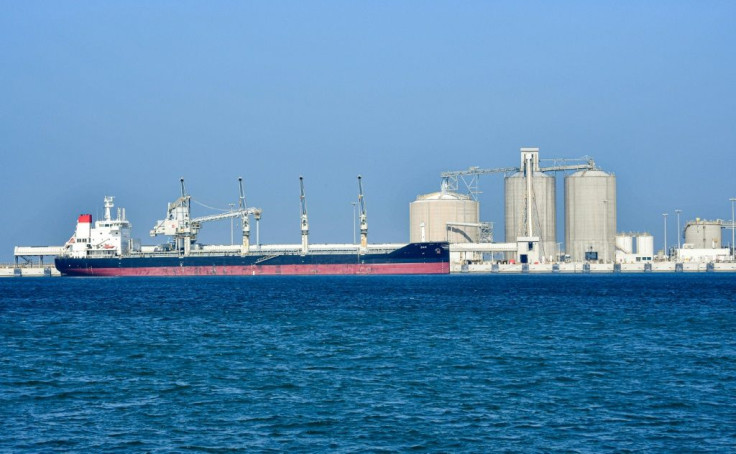Tension But No Shock On Oil Market: IEA

The brief spike in Middle East tensions as the US and Iran faced off has served as a reminder of the havoc disruptions in supply from the key oil producing region could wreak on the global economy, the IEA said Thursday.
But it said ample stocks and production elsewhere mean the world is relatively well placed to react to a crisis.
Washington and Tehran are currently in a standoff after tit-for-tat military actions over the past two weeks that had sparked fears of a large-scale confrontation that could choke off the Strait of Hormuz through which 20 percent of global oil supplies flow.
"We cannot know how the geopolitical situation will play out over time, but for now the risk of a major threat to oil supplies appears to have receded," the International Energy Agency said in its latest monthly report on oil markets.
It noted that oil prices have receded after jumping $4 per barrel, much as they did in September when a series of attacks on Saudi oil facilities briefly knocked out part of the production of the key exporter.
"Today's market where non-OPEC production is rising strongly and OECD stocks are 9 million barrels above the five-year average, provides a solid base from which to react to any escalation in geopolitical tension," said the Paris-based organisation, which advises industrial nations that are members of the Organisation for Economic Co-operation and Development on energy policy.
"As a back-up resource, the value of strategic stocks has once again been confirmed."
The IEA was created in the wake of the 1973 oil shock provoked by an embargo imposed by the OPEC cartel and IEA members now hold strategic reserves worth three months of net imports.
The oil market has been driven in recent years by a surge of non-OPEC production that has outstripped demand, with OPEC and its allies moving to restrain production to support prices.
The IEA's forecasts see faster growth in demand for oil this year thanks to expectations that global growth will pick up as trade tensions diminish.
However, the 2.1 million barrels per day (mbd) growth in non-OPEC supplies will far outpace the increased demand of 1.2 mbd, putting further pressure on OPEC and its allies to further cut production.
During 2019, falls in OPEC production nearly completely offset a rise in production from countries outside the cartel.
OPEC and allied countries that include Russia agreed in December to curb crude oil production by an additional 0.9 mbd from January.
© Copyright AFP 2024. All rights reserved.





















